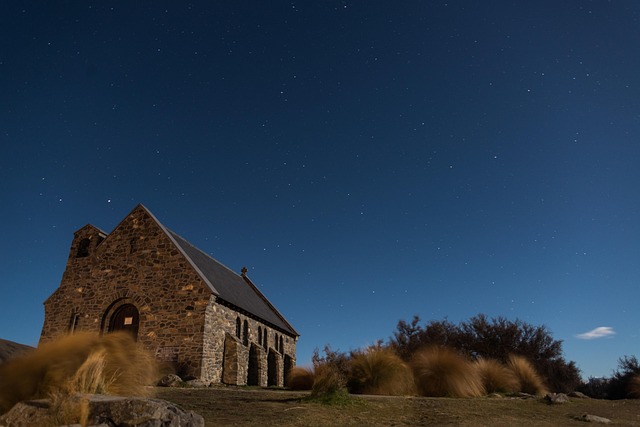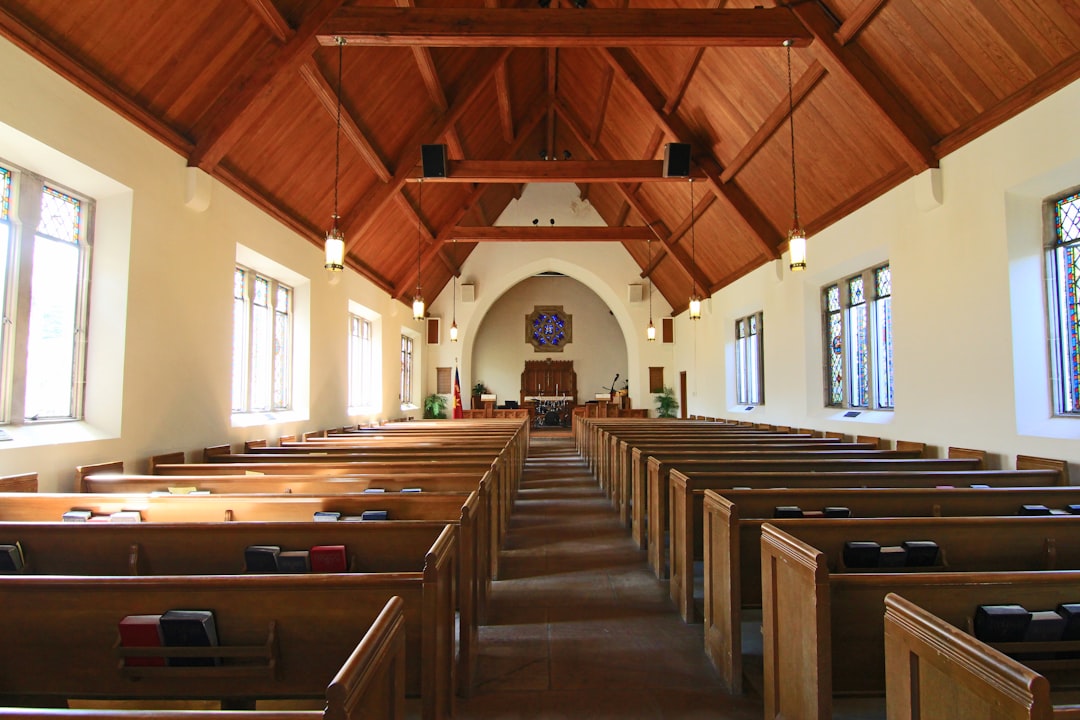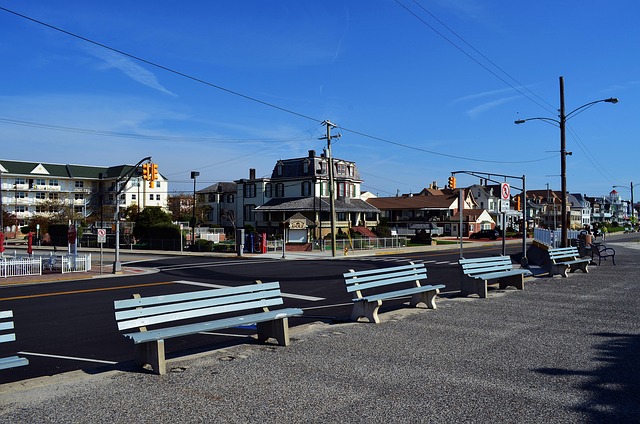In New Jersey, clergy abuse involves misconduct or exploitation by religious leaders. Recognizing red flags like manipulation and emotional coercion is crucial for victims to come forward. A clergy abuse attorney plays a vital role in navigating legal complexities, providing support, ensuring justice, and holding institutions accountable. Legal counsel is essential for understanding rights and reporting incidents to local authorities. New Jersey's strict laws protect victims and offer extended statutes of limitations. Beyond legal assistance, survivors have access to counseling, support groups, and advocacy services fostering healing and community within religious communities.
“In New Jersey, the pursuit of justice for victims of clergy abuse is a vital issue. This comprehensive guide delves into the complex landscape of spiritual exploitation and provides essential information for those seeking support. Understanding clergy abuse involves recognizing red flags and knowing your legal rights, crucial steps when considering legal action against a clergyman.
With dedicated clergy abuse attorney expertise, survivors can navigate the intricate legal processes. Additionally, this article explores New Jersey’s laws, regulations, and the suit process, offering a detailed roadmap for those affected by such abuse. Resources are also available to ensure comprehensive support for survivors.”
Understanding Clergy Abuse: Recognizing Red Flags and Legal Rights in New Jersey
In New Jersey, clergy abuse involves any form of misconduct or exploitation committed by religious leaders or figures within their communities. Recognizing red flags is crucial for victims to come forward and seek justice. Common signs of potential abuse include manipulation, emotional coercion, isolation from family and friends, and financial exploitation. If you or someone you know has experienced such behavior at the hands of a clergy member, understanding your legal rights is an essential step towards healing and accountability.
Victims of clergy abuse in New Jersey have options. They can report incidents to local authorities and seek the assistance of a qualified clergy abuse attorney who specializes in these cases. Legal professionals can help navigate complex laws, provide support during investigations, and advocate for victims’ rights, ensuring they receive the justice and closure they deserve.
The Role of a Clergy Abuse Attorney: Navigating Complex Legal Landscape for Justice
New Jersey Laws and Regulations: Protecting Victims of Spiritual Abuse
In New Jersey, there are stringent laws and regulations in place to protect victims of spiritual or clerical abuse. The state recognizes the severe impact that such trauma can have on individuals, often leading to long-lasting psychological scars and a need for legal recourse. If you’re seeking justice as a victim of clergy abuse in New Jersey, it’s essential to connect with a skilled clergy abuse attorney who understands the nuances of these laws.
New Jersey has specific legislation targeting religious organizations and leaders, ensuring that they maintain safe environments for their congregations. These laws allow victims to take legal action against perpetrators and hold religious institutions accountable for failure to protect them. A clergy abuse attorney in New Jersey can guide you through this process, ensuring your rights are protected and helping you secure the justice and compensation you deserve.
The Suit Process: Steps to Take When Considering Legal Action Against a Clergy Member
Support and Resources for Survivors: Beyond Legal Assistance in New Jersey
Survivors of clergy abuse in New Jersey have access to a range of support and resources beyond legal assistance provided by clergy abuse attorneys. Many organizations dedicated to helping individuals heal from traumatic experiences offer counseling, support groups, and advocacy services tailored to their unique needs. These resources can play a vital role in the healing process, providing survivors with a sense of community and understanding as they navigate the aftermath of abuse.
In addition to these organizational offerings, New Jersey’s legal system has specific protections in place for victims of clergy abuse. This includes statutes of limitations that allow more time for individuals to come forward and seek justice, as well as laws designed to facilitate reporting and investigation of such incidents. Clergymen found guilty of abuse can face severe consequences, including criminal charges and civil lawsuits, which can help deter future instances of abuse and provide financial compensation for survivors.






